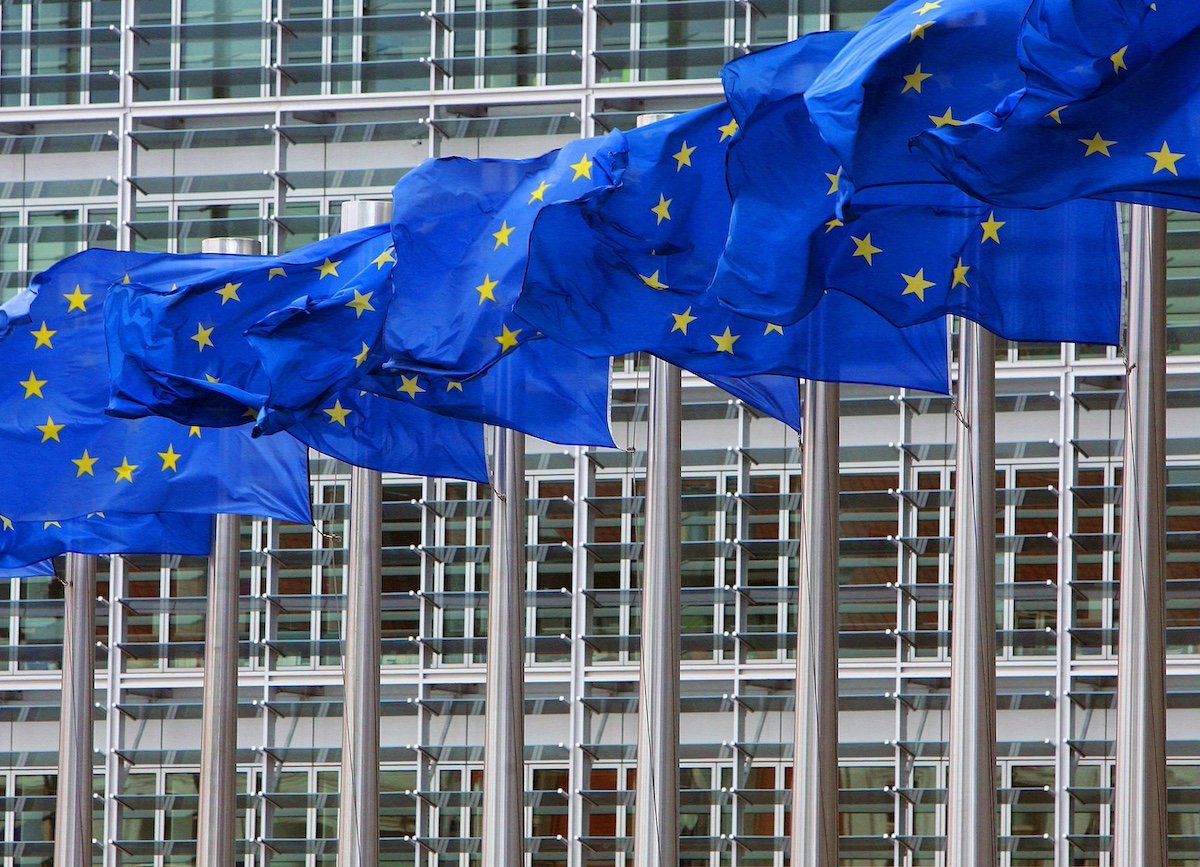After seven years of negotiation, the EU on Wednesday hammered out a migration policy deal that redefines how EU members are expected to share the responsibilities and costs of absorbing refugees.
The details haven’t been made public, and the text must still be ratified by the European Parliament and all member states, but the new rules are expected to tighten border controls and allow for longer detention of migrants who enter illegally.
The deal comes as rising post-pandemic levels of migration from North Africa and the Middle East, coming on top of millions of Ukrainian refugees fleeing war, have put migration policy atop the EU agenda again. From January to November 2023, Europe registered a 17% surge in irregular arrivals over the same period last year. The current levels have not been seen since the late stages of the Syria-driven migrant crisis in 2016.
The deal has been lauded by political leaders across the union, but rights groups warn that tighter borders could have grave humanitarian consequences. Amnesty International says the pact “will set European asylum law back for decades to come and lead to greater human suffering.”
